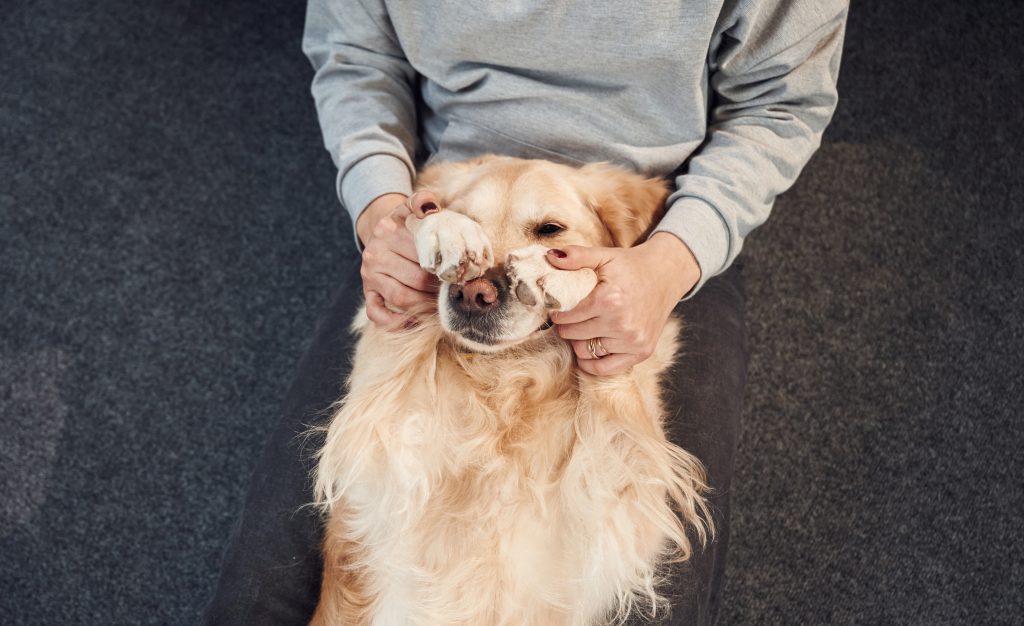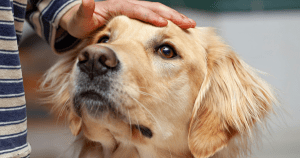Have you ever noticed that some pets look eerily similar to their owners? Maybe it’s a dog with the same wavy hair as its human or a cat with an attitude that mirrors its owner’s sass. It might sound like a funny coincidence, but science says otherwise! Studies have shown that people tend to pick pets that resemble them in some way—whether it’s facial features, expressions, or even personality traits. In fact, a study by psychologist Dr. Michael Roy found that strangers were able to match dogs with their owners just by looking at their faces. That means you might have more in common with your furry friend than you think!
But why does this happen? Is it some kind of mysterious pet-owner magic, or is there a deeper reason behind it? Well, it turns out that everything from psychology to lifestyle choices plays a role. Just like how couples start dressing alike over time, pet parents and their animals can grow to resemble each other in both looks and habits. Even more interesting, research suggests that dogs often mirror their owners’ emotions, which could explain why a laid-back person might have a calm pup, while an energetic owner has a dog that’s always bouncing off the walls. So, let’s dive into the fascinating world of pet-owner lookalikes and uncover why your pet might just be your four-legged twin!
Psychology of Pet-Owner Bonding
Humans are wired to seek familiarity. It’s the same reason we tend to befriend people with similar interests or feel more comfortable in places that remind us of home. When choosing a pet, we often—without realizing it—pick one that looks or acts like us. This idea is backed by a psychological concept called the mere-exposure effect, which suggests that people are naturally drawn to things that feel familiar.
A famous study by Dr. Roy found that participants could correctly match pictures of dogs and their owners about 64% of the time. That’s not just luck! People tend to choose pets with features that resemble their own—whether it’s a round face, a long nose, or even similar expressions. It’s as if our subconscious minds are saying, “Yep, that one looks like family!”
Genetics and Visual Similarities
While your dog won’t inherit your curly hair or freckles, there are a few genetic reasons why pets and owners might look alike. Breed selection plays a huge role. If you have a soft spot for scruffy, bearded dogs like Schnauzers, it might be because you yourself have a rugged look. Likewise, people with long, flowing hair may gravitate toward Afghan Hounds or Golden Retrievers.
Even more fascinating, some researchers believe that as dogs and their owners age together, they develop similar expressions. Dogs are incredibly observant and often mimic their owners’ facial movements, especially around the eyes and mouth. This subtle mirroring could make them appear even more like their humans over time!
Behavioral Mirroring
You’ve probably heard the saying, “Like owner, like pet.” Well, there’s some truth to it! Just like best friends start finishing each other’s sentences, pets and their owners often pick up on each other’s behaviors. If you’re an active person who loves hiking and outdoor adventures, chances are your dog is just as energetic. On the flip side, a more relaxed owner may have a pet that enjoys lazy afternoons and cozy naps.
One study from Linköping University in Sweden found that dogs actually mirror their owners’ emotions. If you’re stressed, your dog can feel it and may become anxious too. But if you’re calm and confident, your pup is more likely to reflect that energy. This emotional connection strengthens the bond between pets and their humans, making them seem even more alike.
Environmental Factors
It’s not just genetics or psychology—your lifestyle also plays a big role in how much you and your pet resemble each other. Think about it: you and your pet live in the same house, eat at the same times, and even have similar routines. Over time, these shared habits can create physical similarities.
For example, a dog who gets plenty of exercise with an active owner will likely stay fit, while a pet in a more laid-back household might gain a little extra fluff. Even diet plays a role—owners who prioritize healthy eating often feed their pets high-quality food, which can affect their pet’s coat, weight, and overall appearance.
Cultural and Social Influences
Society also has a funny way of shaping the way we see pet-owner resemblances. In many cultures, people associate certain pets with specific personality traits. For example, small dog breeds are often linked to fashionable city dwellers, while large, rugged dogs might be associated with outdoorsy, adventurous types.
Social media has taken this idea to another level, with pet owners posting twinning photos of themselves and their furry friends. Some even go as far as dressing like their pets or styling their hair to match! While this is all in good fun, it reinforces the idea that pets and their owners share more similarities than we might think.
Are You and Your Pet Long-Lost Twins?
So, do pets really look like their owners? The answer is a resounding yes! Whether it’s due to psychology, genetics, behavior, or lifestyle, there’s no denying that we tend to resemble our furry companions in more ways than one. From facial expressions to personality quirks, our pets often reflect who we are—sometimes without us even realizing it. And while we may not have fur or tails (thankfully), our bond with our pets shapes the way we look and act together over time.
Next time you’re out for a walk, take a look around—you might notice just how many pet-owner pairs share a striking resemblance. Maybe it’s the way they move, their expressions, or even their matching hairstyles! And if you catch someone staring at you and your pup, don’t be surprised—they’re probably just amazed at how much you two look alike. Whether intentional or not, our pets become an extension of us, proving that the phrase “like owner, like pet” isn’t just a saying—it’s a reality!












